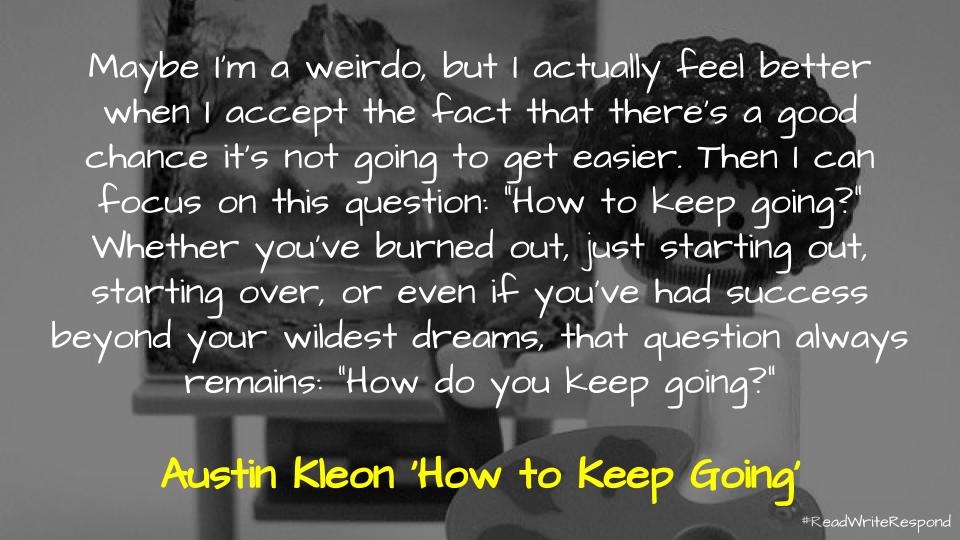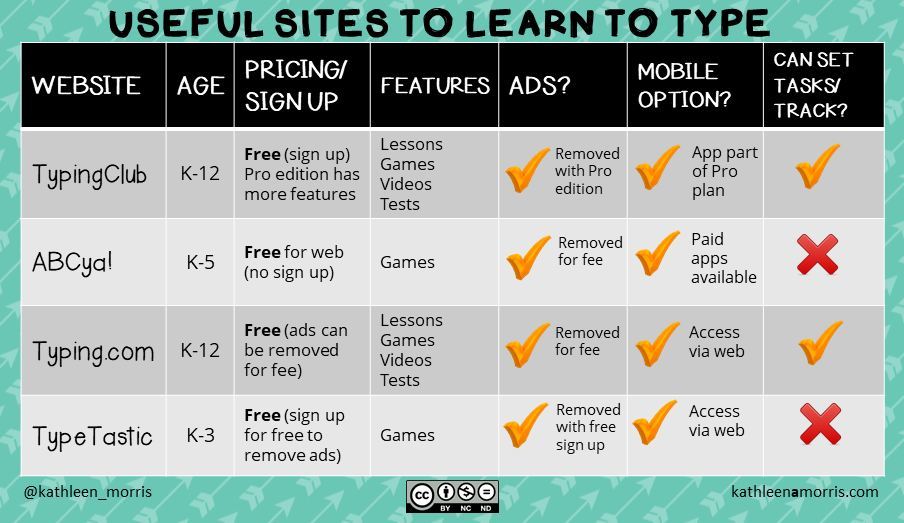If we want a full and comprehensive debate about the role of data in our lives, we need to first appreciate that the analysis and use of our data is not restricted to the types of figures that we have been reading about in these recent stories – it is deeply embedded in the structures in which we live.
Month: March 2018
Paul Virilio argues that “every time a technology is invented, take shipping for instance, an accident is invented together with it, in this case, the shipwreck, which is exactly contemporaneous with the invention of the ship.” But his larger point was that we have now (mid 20th Century) entered the age of the generalized accident – think a global stock market crash – where “the possibility arises that it might destroy everything.”2 Obviously, with Facebook we can’t really call what happened with Cambridge Analytica an accident – an unintended consequence – since extracting and selling our data is Facebook’s business model.
“There is a huge part of Tesla that is simply presentation and not substance, and Elon is a master at messaging,” said Karl Brauer, a senior analyst at Kelley Blue Book. “The problem is the reality is starting to stack up, and that’s a reality of accidents the cars have had, quality issues, and massive misses on Model 3 production numbers. You add all that up and there’s a real question about whether this company can deliver what it promises.”
Yes RSS readers are archaic, eh? But to me it is a more manageable way to scan the comment activity than a punch of post-like things.
Why do women believe they need to have all the criteria to apply for the role?
Why don’t we acknowledge that people can grow into their role?
The lasting appeal of RSS remains the parts that haven’t changed: the unfiltered view of the open web, and the chance to make your own decisions about what you find there.
The Global Footprint Network estimates that we use up our annual supply of renewable resources by August every year, after which we are cutting into non-renewable supplies – in effect stealing from future generations. Eating the seed corn, they used to call it. At the same time we’re pumping carbon dioxide into the atmosphere at a rate that is changing the climate in dangerous ways and will certainly damage agriculture.
Mining tweets? Just provide your search terms, enter a couple commands at the terminal, and voilà, … instant dashboard!
A broadened view of text is needed to consider the various forms and modes of text in our world. These might include text in a printed book, a street sign, a video game, a YouTube video, an animated GIF, audio podcast, etc. We can no longer look at only one form of text as “correct”, and all other forms of reading and writing as not involving true literacy practices.
The good news about timetables? We’ve created them, so we can destroy them.
This is a summary of my presentation for PressED – A WordPress and Education, Pedagogy and Research Conference on Twitter.
Clint Lalonde Also wrote about the use of MailPoet To curate his newsletter. It doesn’t suit me at this point in time, but might suit you. Also, I think MailChimp allows you to collate via blog posts too? I assume that is what @dajbelshaw is doing with Thought Shrapnel.
This is what happens when you hit that Play button:
Hundreds of microservices, or tiny independent programs, work together to make one large Netflix service.
Content legally acquired or licensed is converted into a size that fits your screen, and protected from being copied.
Servers across the world make a copy of it and store it so that the closest one to you delivers it at max quality and speed.
When you select a show, your Netflix app cherry picks which of these servers will it load the video from.
You are now gripped by Frank Underwood’s chilling tactics, given depression by BoJack Horseman’s rollercoaster life, tickled by Dev in Master of None and made phobic to the future of technology by the stories in Black Mirror. And your lifespan decreases as your binge watching turns you into a couch potato.
- Everyday is Groundhog Day
- Build a ‘bliss station’
- Forget the noun, follow the verb
- Make gifts
- The ordinary + extra attention = extra-ordinary
- Art is FOR life
- You’re allow to change your mind
- When in doubt, tidy up
- Demon’s hate fresh air so take a walk
- Spend time on something that will outlast you
I find Kleon one of those writers (and artists) who you can come back to again as a point of reflection.

Quote via Austin Kleon ‘How to Keep Going’
To be the best teacher in the world you need to become a bionic educator. We have the technology. Now let’s use it to transform learning!
In our first real episode for 2018, we revisit the importance of offline time and switching off. This is always a challenge when work is something you are incredibly passionate about. How do we develop good work habits when the lines are blurred so much? We explore the third space, a concept developed by Adam Fraser designed to help people transfer better between work and space. We once again circle back on time tracking and managing our time. We explore the value of what to measure when tracking time. Steve explains his tracking of interruptions and the use of reticular activation to intentionally manage his focus and habits. We talk about the books we read and those that just couldn’t bring ourselves to read (#blurredlines). This leads to a rich discussion on real evidence of learning and design thinking as a mental model. Student centred learning features as Dean explores his school’s new Inspire Me curriculum and the removal of the curriculum safety net.
The goal isn’t credit. The goal is change.
It feels like we spend so much time debating handwriting sometimes that we forget about typing. I really like how you compare the different applications in a concise fashion.

You might be interested in this post from Catherine Gatt, in which she reflects on the development associated with learning to type.
The Admins are back at it. Discussing new releases, changes, and discoveries in the Admin Console. Oh yeah, almost forgot to mention, special guest is CYRUS MISTRY! (I really didn’t come anywhere near close to forgetting that, I just wanted to add a little…
